Mais 8 múmias em estados impressionantes de preservação Mega Curioso
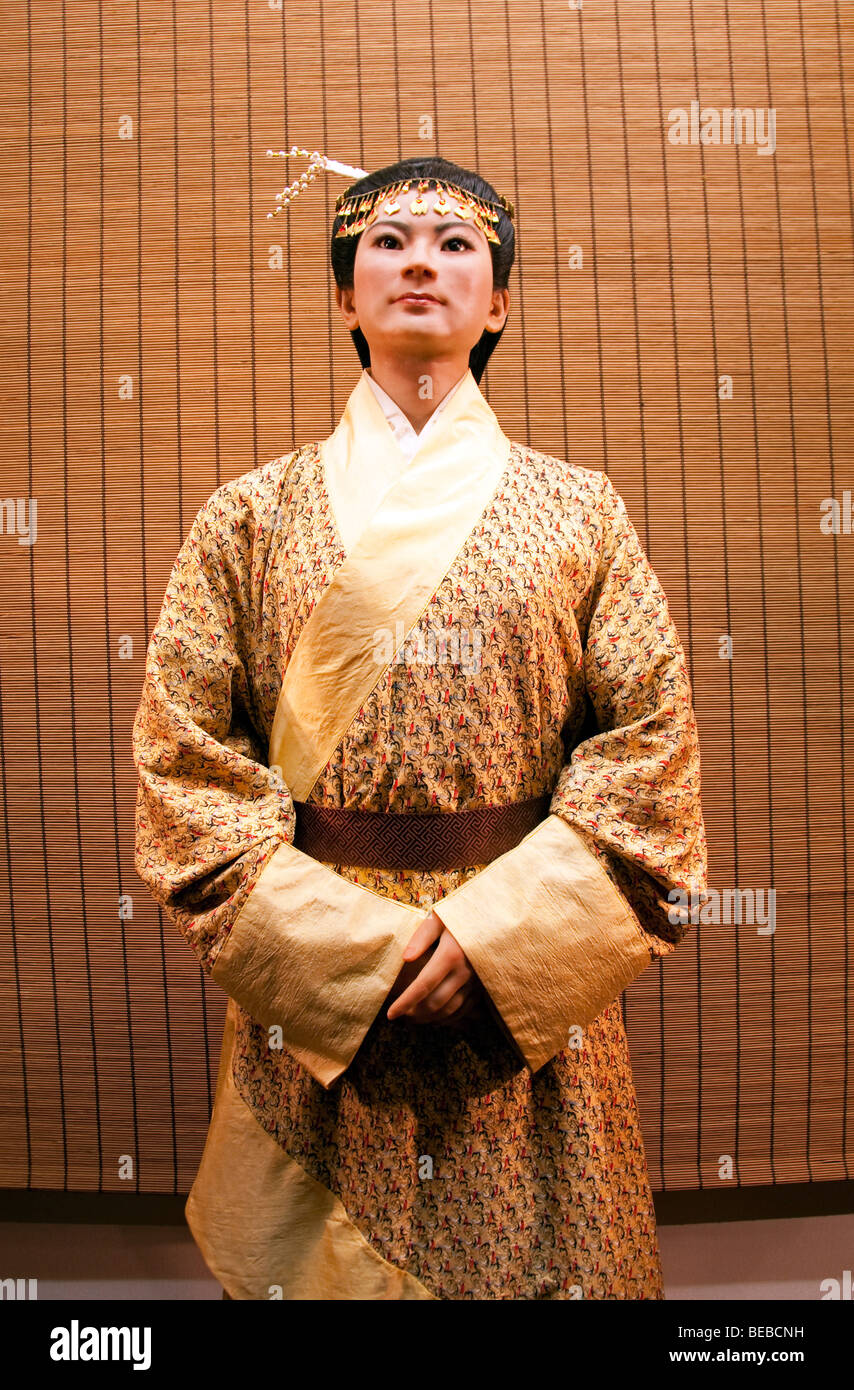
Neuerstellung von Xin Zhui, Marquise von Dai tragen bestickte Seide, fand Mumie im Mawangdui
The mummy of Lady Dai. Lady Dai, or Xin Zhui, was the aristocratic wife of a Han Dynasty nobleman Li Cang. There was no doubt she lived an extravagant life—her tomb was filled with luxuries that only the wealthiest of her era could afford.

El misterio de Xin Zhui, la momia mejor conservada del mundo Así Sucede
Scientists perform an autopsy on the best preserved mummy ever discovered: that of a Han aristocrat named Lady Dai (Xin Zhui). More than 2,000 years after he.
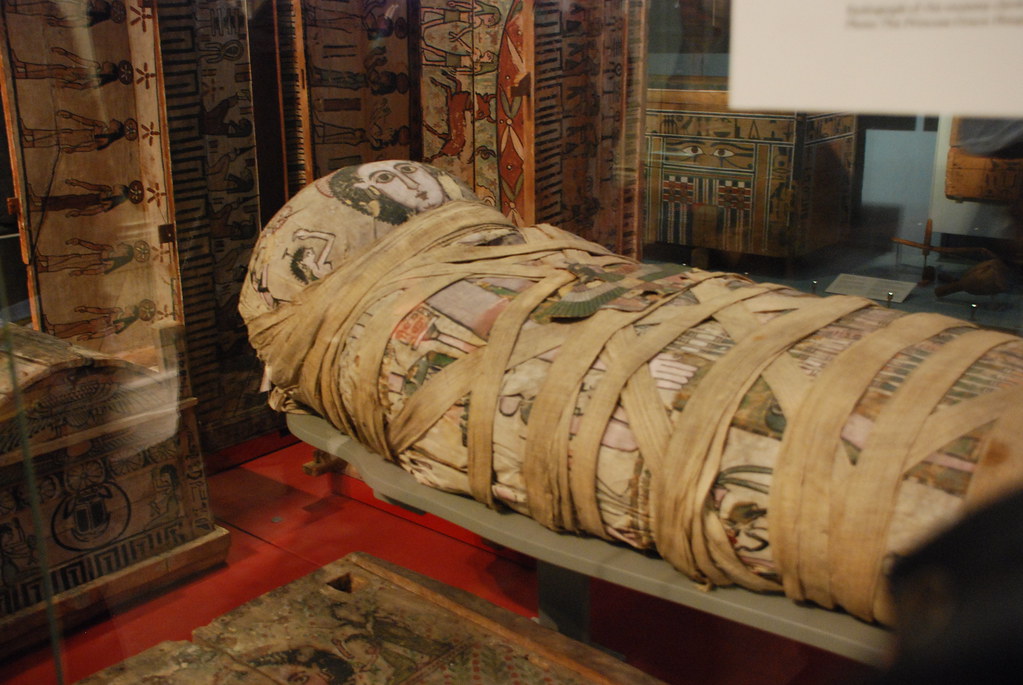
Cleopatra's mummy The museums in and around London are awe… Flickr
Ainsi une momie du pharaon égyptien Toutankhamon fut datée de 3 300 ans avant la date de la mesure, et la momie de la marquise chinoise « Lady Dai » Xin Zhui de 2 200 ans. Un corps retrouvé.
Xin Zhui une momie célèbre en chine
Xin Zhui ( chinois : 辛追 ; morte en 163 avant notre ère), également connue sous le nom de madame Dai ou marquise de Dai, était une noble chinoise, épouse de Li Cang (利 苍), le marquis de Dai, au cours de la dynastie des Han (206 av - 220 CE).

『湖南省6日間』張家界(中国)の旅行記・ブログ by 葡萄核子さん【フォートラベル】
She was Xin Zhui, the Lady Dai, wife of the Marquis Li Cang. While Lady Dai's tomb was equally as her ostentatious as her husband and son's, it was her corpse that excited the most interest. For Xin Zhui's two-thousand-year-old remains were in the same state of preservation as someone only recently deceased.
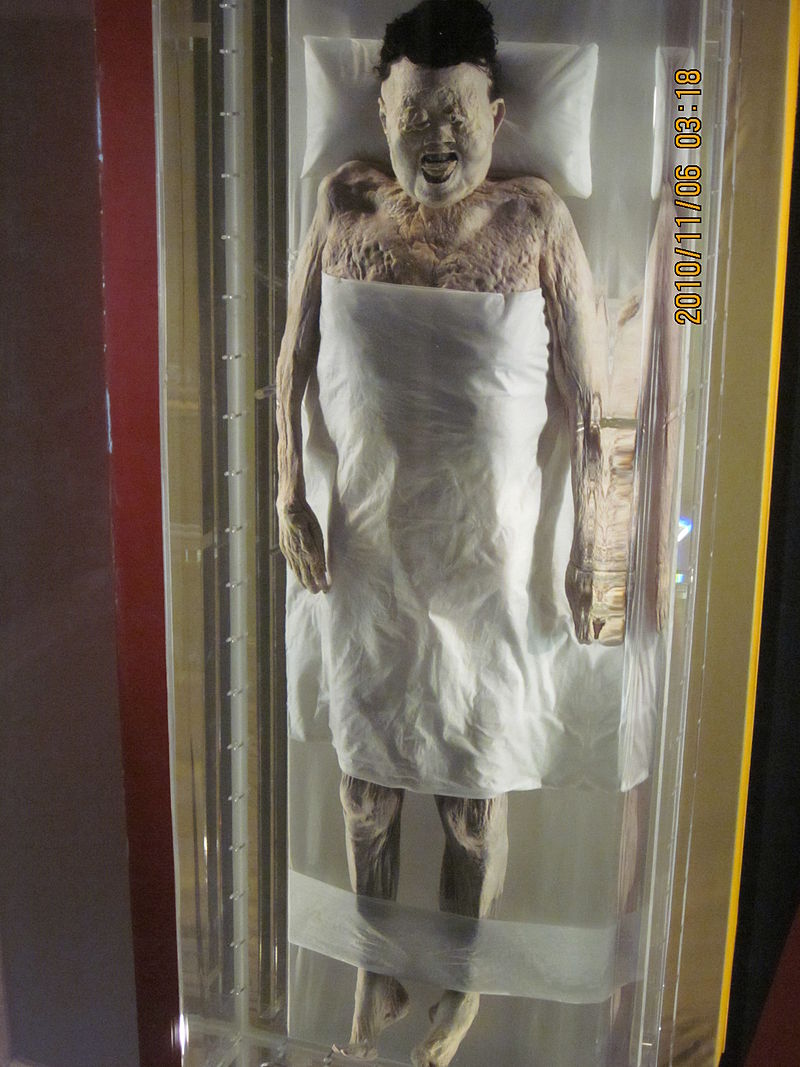
Sobre momias y momificaciones Xin Zhui
History 101 writes that deep inside a hill were three tombs from the Han Dynasty; that of the Marquis of Dai, his son, and his wife, Xin Zhui, otherwise known as Lady Dai. As Discover Magazine explains, the Marquis and his son were of little interest to researchers as their bodies were not well preserved. Lady Dai, however, was a different story.

2,000 Year Old 'BEAUTIFUL' Chinese Mummy STILL Has GREAT HAIR YouTube
The 2,200-year-old mummified body of a Chinese noblewoman known as Xin Zhui, or The Lady of Dai, is an anomaly. When her body was discovered, it was so incredibly well preserved that it equalled that of someone recently deceased. Xin Zhui, the Lady of Dai, died between 178 and 145 BC, at around 50 years of age.
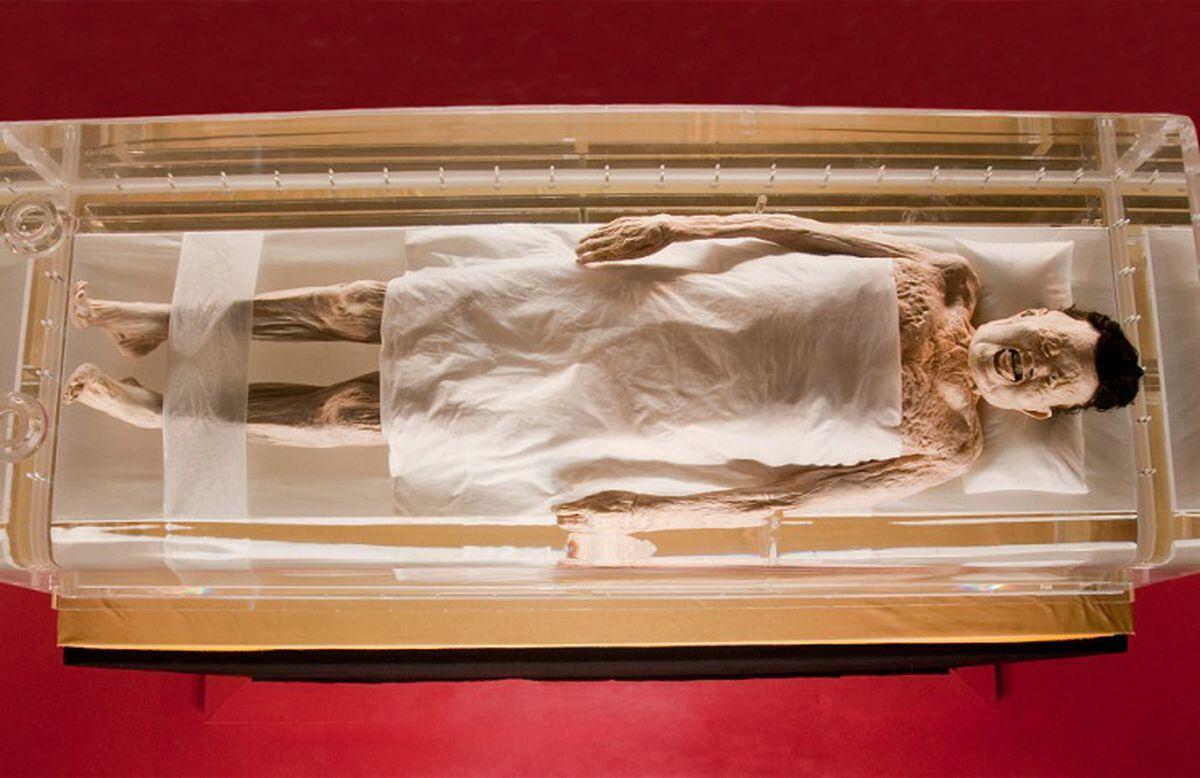
El misterio de la momia Xin Zhui tiene 2000 años y conserva su flexibilidad La 100
published 20 July 2022 Mummies are found all over the world and reveal the practices of long-lost peoples. Jump to: Ötzi the Iceman Tollund Man King Tutankhamun Xin Zhui The Chinchorro mummies.

El enigma de Xin Zhui, la momia mejor conservada del mundo La esencia misma del Misterio
Xin Zhui, the Lady of Dai, died between 178 and 145 BC, at around 50 years of age. The objects inside her tomb indicated a woman of wealth and importance, and one who enjoyed the good things in life. But it was not the precious goods and fine fabrics that immediately caught the attention of archaeologists, rather it was the extraordinarily well.
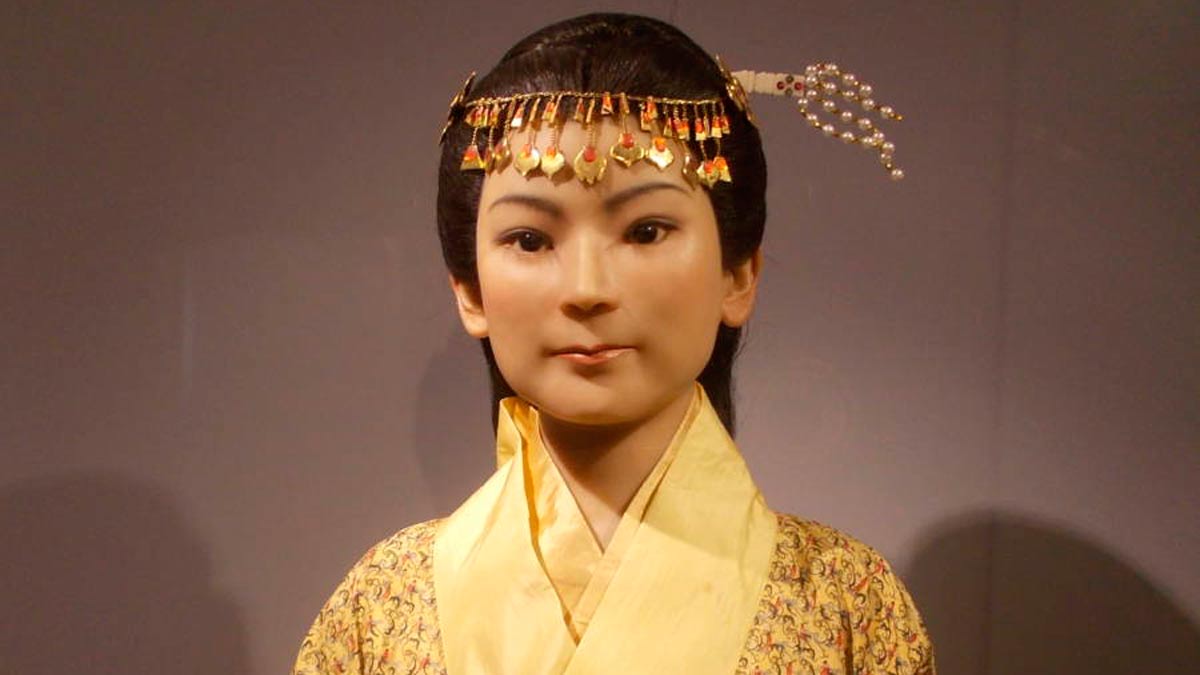
Xin Zhui, la curiosa historia momia mejor conservada del mundo
Xin Zhui [ɕín ʈʂwéɪ] (Chinese: 辛追; c. 217 BC-168 or 169 BC), also known as Lady Dai, or Marquise of Dai, was a Chinese noblewoman, and wife to Li Cang (利蒼), the Marquis of Dai, and Chancellor of the Changsha Kingdom, during the Western Han dynasty of ancient China. Her tomb, containing her well-preserved remains and 1,400.
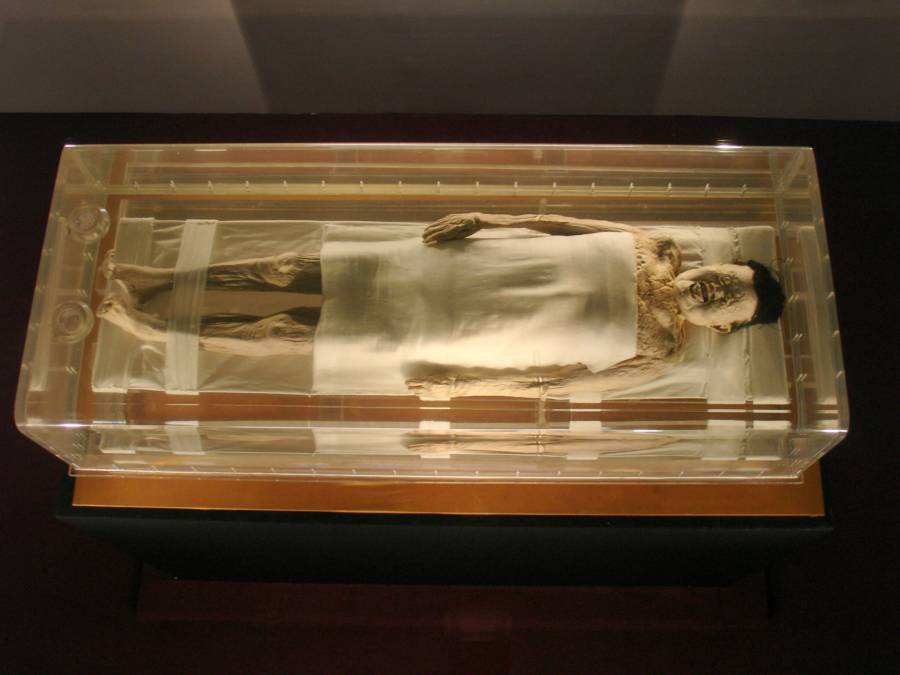
9 Creepy Artifacts And The Chilling Stories Behind Them
Xin Zhui died in 163 BC. When they found her in 1971, her hair was intact, her skin was soft to the touch, and her veins still housed type-A blood. Now more than 2,000 years old, Xin Zhui, also known as Lady Dai, is a mummified woman of China's Han dynasty (206 BC-220 AD) who still has her own hair, is soft to the touch, and has ligaments.

The 2,000 YearOld Mummy of Lady Xin Zhui, Hunan Museum YouTube
The 2000 Year-Old Mummified Body of Lady Xin Zhui HD - Archaeology Documentary The 2000 Year-Old Mummified Body of Lady Xin Zhui Mummy from .The 2000 Year-Ol.

Xin Zhui Alchetron, The Free Social Encyclopedia
Xin Zhui, the Lady of Dai, died between 178 and 145 BC, at around 50 years of age. The objects inside her tomb indicated a woman of wealth and importance, and one who enjoyed the good things in life.
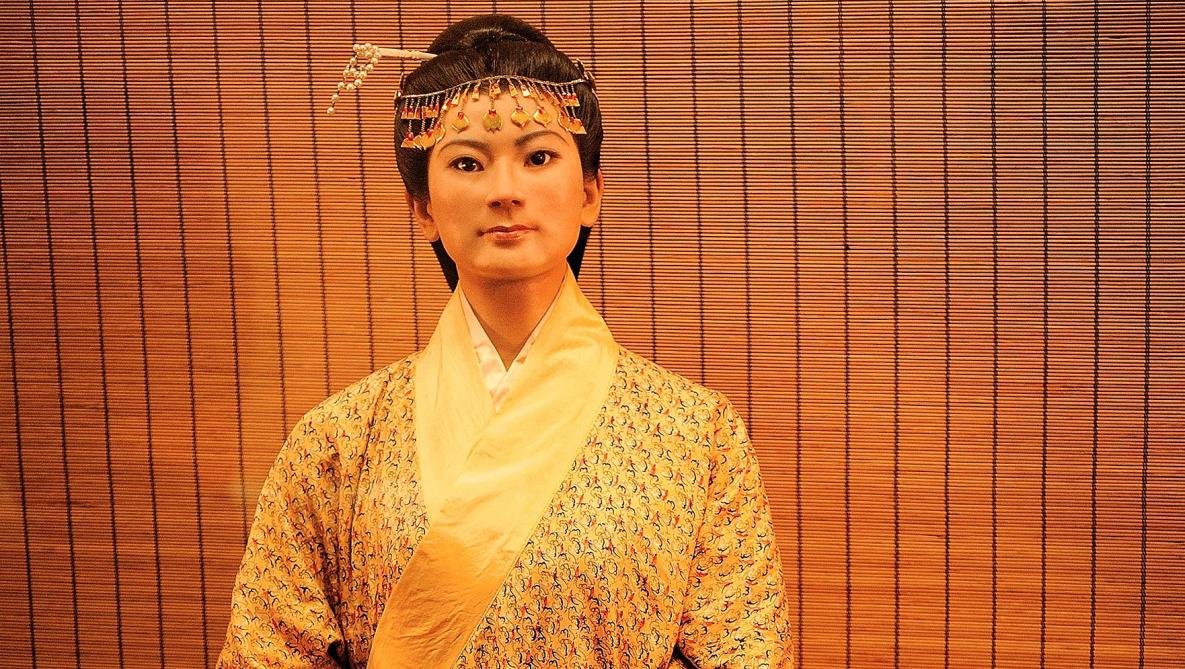
La momie de la marquise de Daï Soirmag
he Lady of Dai, also known as the "Xin Zhui mummy," is a well-preserved mummy of a Han dynasty (206 BCE-220 CE) woman that was discovered in 1971 in the city of Changsha, Hunan province, China. She is also known as the "Beauty of Dai" and the "Dai Beauty Mummy.". The mummy was found in a tomb that had been sealed for over 2,000 years.
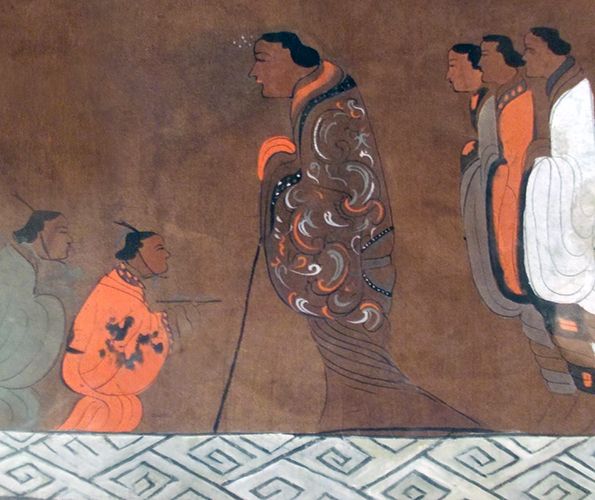
Misterios de la historia LA MOMIA XIN ZHUI Curiosidades de la Historia
Xin Zhui ( Chinese: 辛追; [ɕín ʈʂwéɪ]; c. 217 BC -168 or 169 BC), also known as Lady Dai or the Marquise of Dai, was a Chinese noblewoman. She was the wife of Li Cang ( 利蒼 ), the Marquis of Dai, and Chancellor of the Changsha Kingdom, during the Western Han dynasty of ancient China.
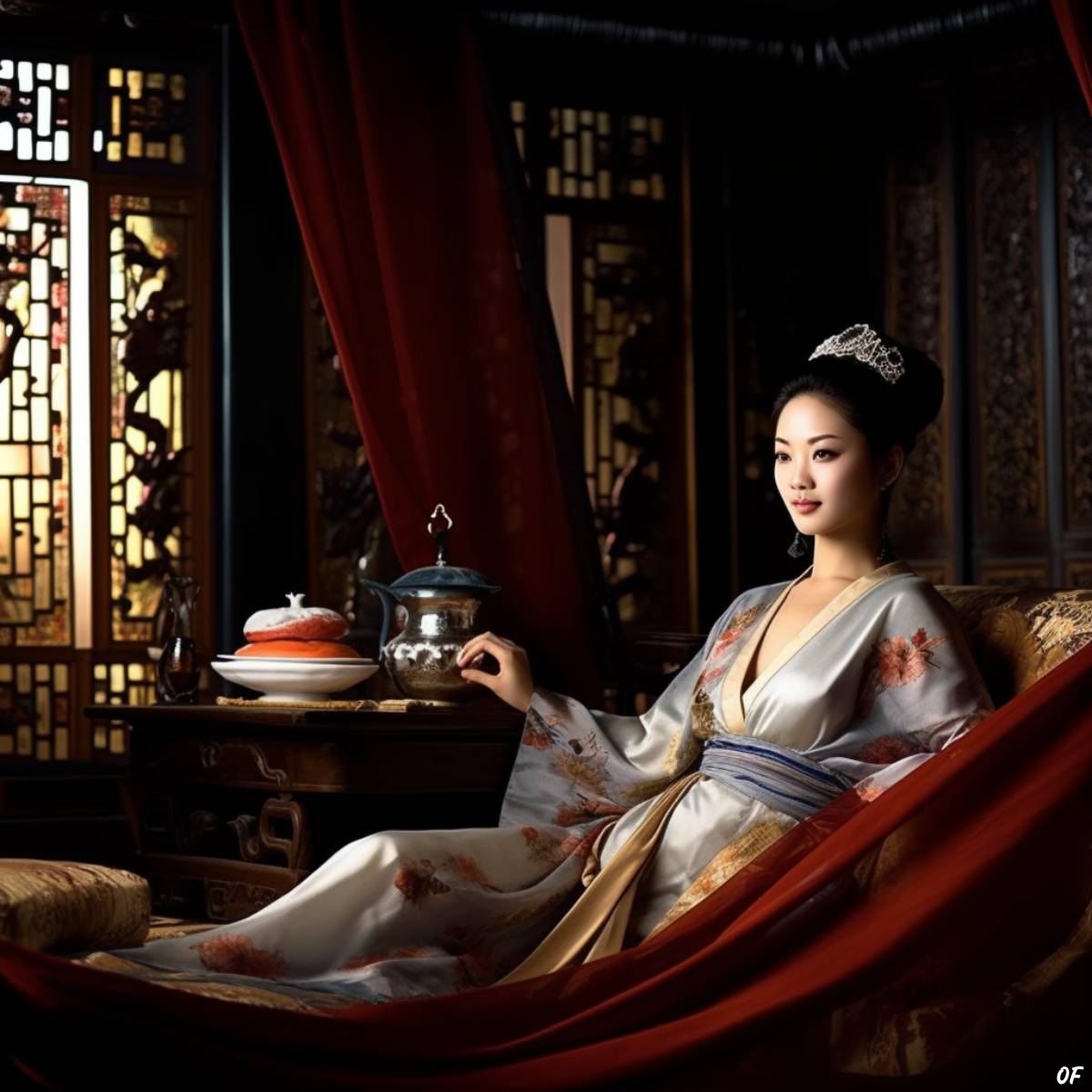
The Eternal Lady Dai Inside the Astonishing Preservation of Xin Zhui OddFeed
Now more than 2,000 years old, Xin Zhui, also known as Lady Dai, is a mummified woman of China's Han dynasty (206 BC-220 AD) who still has her own hair, is soft to the touch, and has ligaments that still bend, much like a living person. She is widely recognized as the best-preserved human mummy in history. This is her astonishing story.